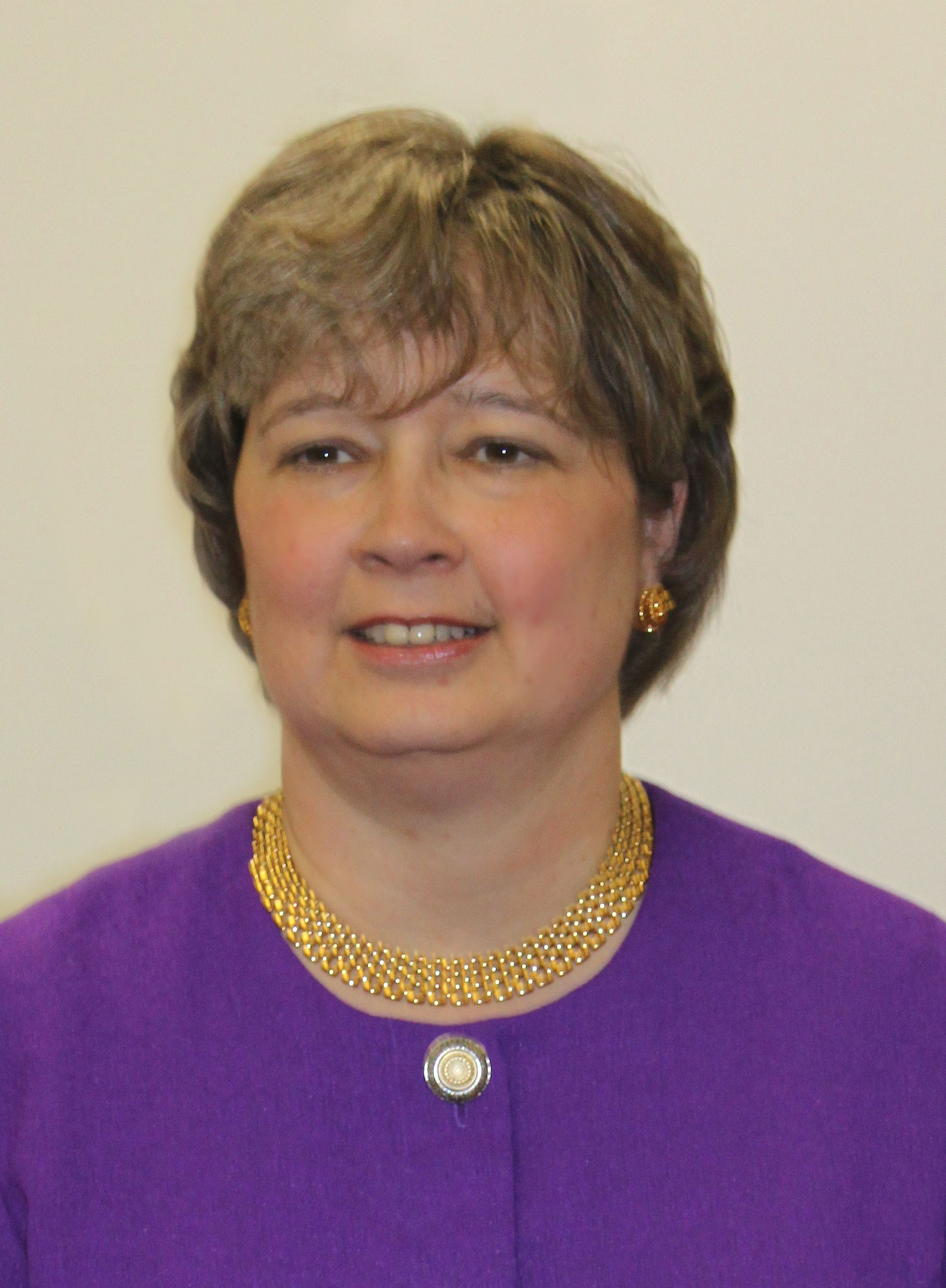As LifeNews.com reported earlier this month, Carol Tobias has been elected the new president of the National Right to Life Committee, one of the leading pro-life voices in the nationwide battle against abortion, euthanasia and anti-life bioethics practices like human cloning and embryonic stem cell research.
 Tobias sat down with Kathryn Lopez of National Review for a new interview, an excerprt of which appears below:
Tobias sat down with Kathryn Lopez of National Review for a new interview, an excerprt of which appears below:
KATHRYN JEAN LOPEZ: How does one wind up president of the National Right to Life Committee? I mean, beyond a board election?
CAROL TOBIAS: I basically grew up with National Right to Life. My parents helped to organize North Dakota Right to Life. When I was a young adult with time on my hands, I got involved as a volunteer with my local chapter; I then became executive director of North Dakota Right to Life and got to know NRLC staff, as well as leaders from other state affiliates. From 1991 to 2005, I served as National Right to Life’s political director, working closely with all 50 state affiliates. So I know National Right to Life, and people involved with National Right to Life know me.
LOPEZ: What’s the most important issue for the National Right to Life Committee right now?
TOBIAS: There are a lot of issues important to NRLC, but in addition to our long-term goal of reversing Roe v. Wade, our top priority is overturning President Obama’s health-care law. The extensive reach of this program will enshrine abortion and rationing of health care in our society for generations to come, if we don’t stop it.
LOPEZ: What would you have the government do instead that would help make desperate women see how they can be more open to life? Or is that not the government’s job?
TOBIAS: There are several things the government can do to reflect the pro-life views held by a majority of Americans. Foremost, Congress should get the federal government out of the abortion business by enacting regulations that prohibit the use of federal funds to directly pay for, subsidize, promote, or otherwise underwrite abortion both domestically and abroad. An example of the kind of legislation that Congress should pass this session is the No Taxpayer Funding for Abortion Act sponsored by Rep. Chris Smith (R., N.J.). At a more local level, state legislatures should be enacting laws to ensure that women are fully informed about the abortion procedure, the development of her unborn child, the potential physical, emotional, and mental risks, and the alternatives available. Right-to-know laws empower women by giving them the information they absolutely need before making a life-altering decision. Right now, roughly half of the states have comprehensive regulations that provide women with this kind of information.
LOPEZ: How is NRLC different from other groups?
TOBIAS: National Right to Life is both the oldest and the largest pro-life organization. We have an affiliate in each of the 50 states, with more than 3,000 chapters, meaning grassroots volunteers in communities all over the country. Our officers and leadership are elected by our board, which includes representatives of our grassroots state affiliates. When we speak, whether to members of Congress or members of the media, we are representing a vast constituency.
National Right to Life also has the widest range of programs and activities among pro-life groups. We focus on abortion and euthanasia in our lobbying activities, at both the congressional and state legislative levels; we have outreach programs that work with teens and college students, religious communities, and Hispanic, Native American, and African American cultures; we also do outreach to women who have had abortions. Our education department conducts comprehensive research into the growing use of tele-med abortions, the dangers and complications of chemical abortions, and Planned Parenthood — its funding and practices. Our political-action committee does work in hundreds of races and has had great success, and we provide substantial support services to our state affiliates and chapters.
LOPEZ: What’s the most misunderstood aspect of the right-to-life movement?
TOBIAS: Pro-lifers are often accused of not caring about mothers and their babies after the baby is born. That is blatantly false. Pro-lifers are the most caring, loving, generous people you will ever meet. They open their homes to pregnant women who have nowhere to go, they provide clothing, food, diapers, furniture, and other essentials for newborn babies. They contribute to churches and other organizations that take care of the poor, the hungry, and the homeless. They may or may not advocate that the government spend tax money to do these things, but they are using their own money to do these things.
Read the reminder of the interview here.







